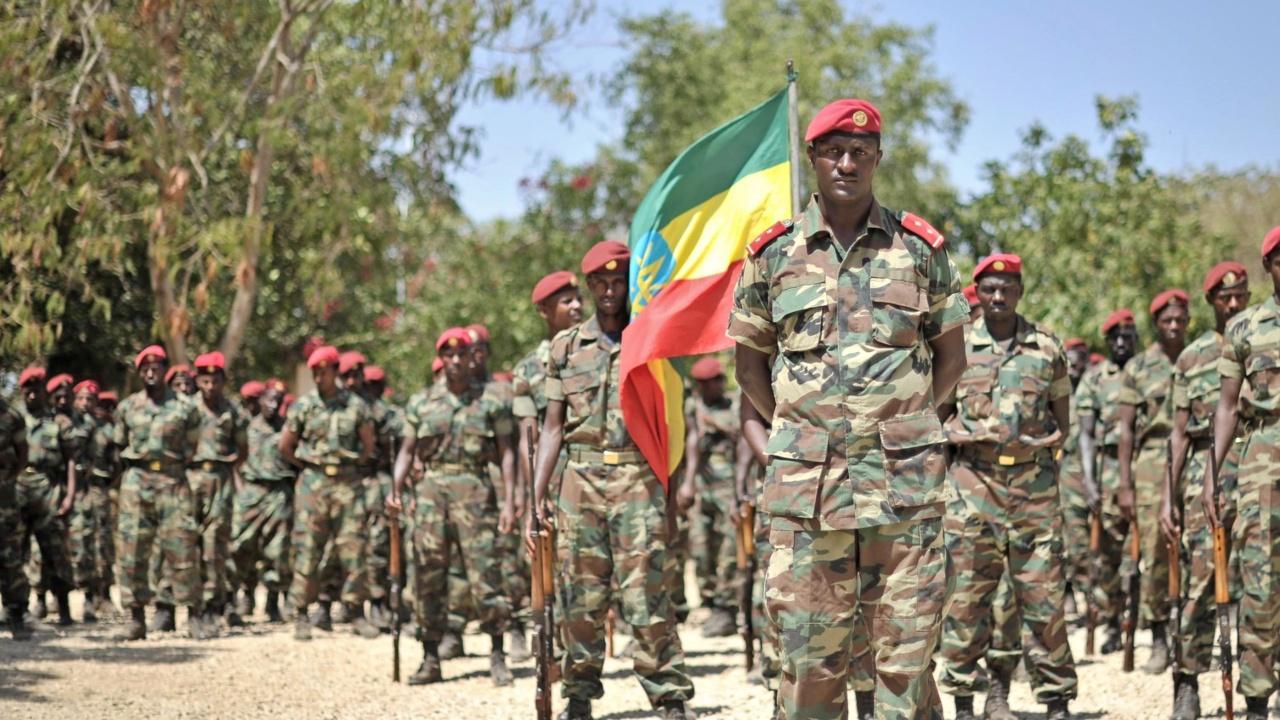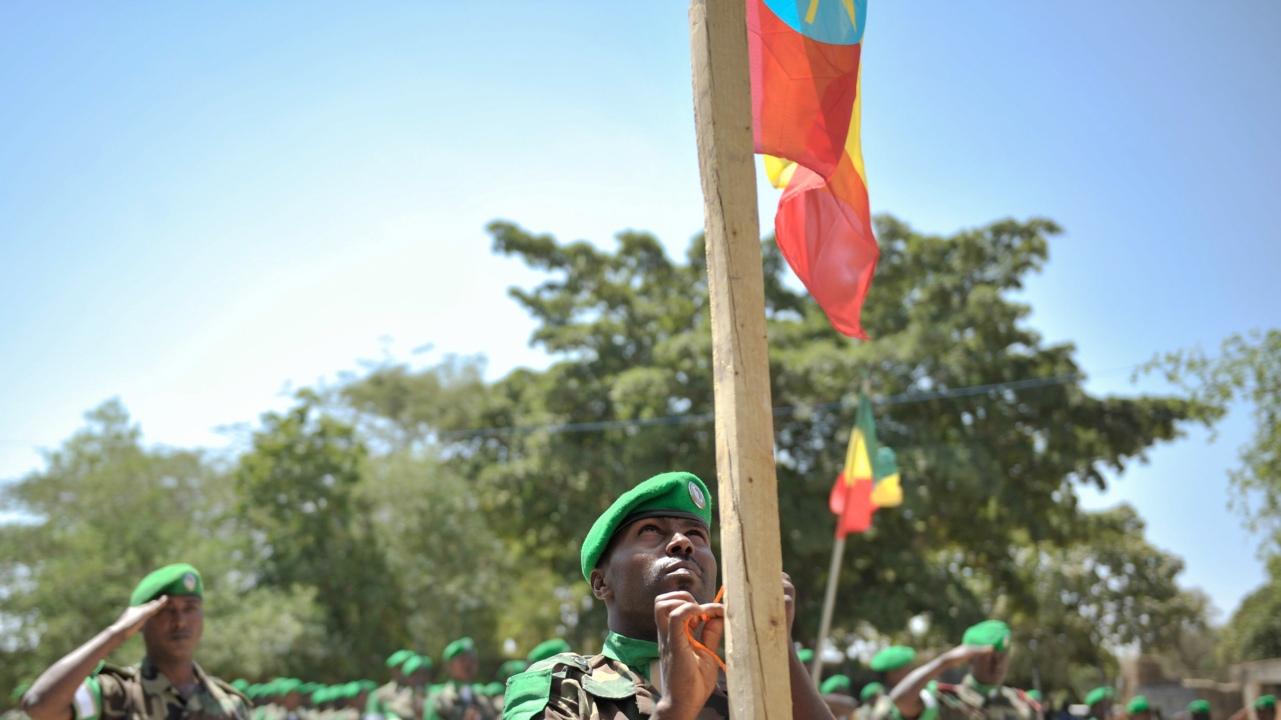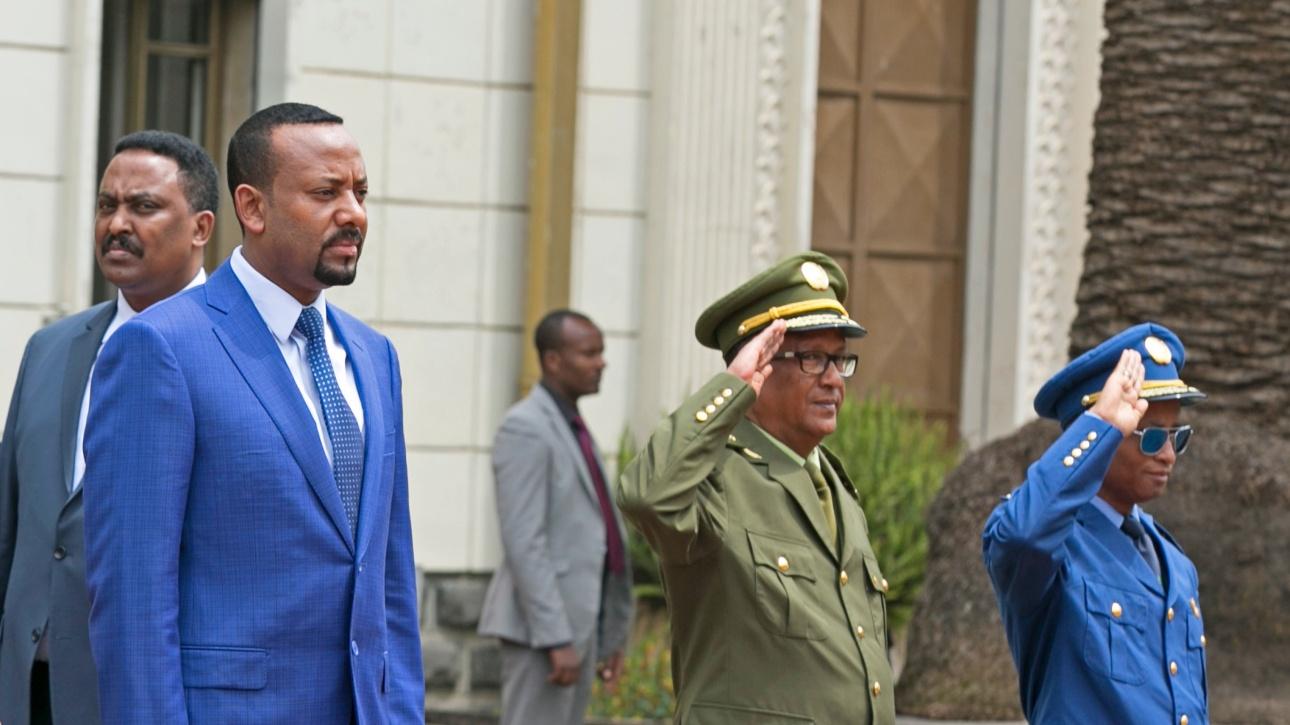A deadlock in negotiations between Egypt, Ethiopia and Sudan over the Grand Ethiopian Renaissance Dam needs a swift and peaceful resolution to prevent outright conflict in the Horn. This requires the active engagement of the US and China, says Nima Khorrami, both countries that could be convinced to adopt a more hands-on approach by highlighting the dispute’s relevance to their broader strategic agenda of tackling climate change collaboratively.
Yet another round of talks between Egypt, Ethiopia and Sudan has failed to break the deadlock over the disputed Grand Ethiopian Renaissance Dam (GERD) with each side blaming the other for the lack of progress. The only notable outcome, perhaps, is Egypt’s outreach to Russia, even though it is hard to see how Moscow can make any meaningful contribution. Sure, Russia has been seeking to re-establish itself in the Horn, and indeed the wider African continent, but it simply lacks the resources and networks to be able to encourage the disputing parties to mend their differences. In all likelihood, it will use its involvement in the talks as a bargaining card in its fast deteriorating relations with the West.
The only good news, notwithstanding their rhetorical statements, is that none of the countries involved yet have an interest in escalating the situation to the point of an actual conflict. Still, the prospect of a conflict cannot be discounted if the disputing trio and the international community fail to change course. Put otherwise, for there to be a peaceful and/or diplomatic end to the current tussle, two things are needed: political will to compromise and meaningful involvement of the United States and China.
With regards to the former, the problem is that the leadership of the two main parties – Egypt and Ethiopia – are not in a position to make any compromise. Putting aside the economic interests of each side, Ahmed and Sisi are constrained by domestic political considerations in these talks. For President Sisi, it is the future of the military’s role and place in Egyptian politics that is at stake. Given the centrality of controlling Nile to Egyptian identity, Sisi, a former general, could end up jeopardising the military’s prospects for retaining its place in the country’s political life if he is seen as the President under whose watch Cairo loses control over the Nile. For Ahmed, who is facing a reelection contest in June 2021, it is simply unfeasible to make concessions on an issue so closely tied to the Ethiopians sense of national pride at a time when he has waged a war on a segment of the Ethiopian population in the name of national unity and nationalism.
Added to this is the lax attitude of China and the US towards the dispute. This matters a great deal because only Beijing and Washington have the clout and resources to convince Addis Ababa and Cairo to make painful compromises. Yet they both seem reluctant mainly because neither can afford being seen as taking side as they both attach significant strategic value to their partnerships with Egypt and Ethiopia. As such, they have confined their responses to the issuance of general statements calling for a diplomatic solution.
A key question, therefore, is how to convince the two superpowers to commit themselves to the peaceful resolution of this lingering dispute.
Given their lack of strategic sway, one possible solution is for the African Union, the EU and the United Nations (UN) to change tack and play an indirect role in resolving the current tensions between Addis, Cairo and Khartoum – one that concentrates on convincing China and the US of the need for a more hands-on approach by highlighting the benefits of such undertaking for Beijing and Washington’s own bilateral relations. Not only can China and the US use the dam dispute to test their ability to cooperate when their interests merge but, more importantly, they can utilise it as a benchmark for resolving similar disagreements in the years ahead. What is more, doing so would complement their grander strategic objective of tackling climate change collaboratively.
Labelling climate change a ‘crisis multiplier’ in his latest address to the UN Security Council, Secretary-General António Guterres highlighted how water scarcity and food insecurity are likely to trigger bloody conflicts and mass migration in the years ahead. As global temperatures rise, management of transboundary resources will likely dominate political and/or national security agendas of countries in environmentally distressed regions including Africa, Central Asia and the greater Middle East. As early as 2002, for example, Crisis Group has been warning about the potential of competition over water in Central Asia where ‘an annual cycle of disputes has developed between the three downstream’. In the Middle East, Iran and Afghanistan could soon find themselves locked in a heated dispute over the sharing of the Helmand River. In the so-called Fertile Crescent, similarly, ensuing political struggles over the control and/or sharing of Tigris and Euphrates, which are fast dissipating, are on the horizon.
As the world’s largest economies, Beijing and Washington will have stakes in such conflicts. Thus, they have much to gain if they make use of the current disagreement over GERD to establish a mechanism for addressing and/or resolving disagreements over the management of scarce transboundary resources. This is so because that procedure can then be relied on to resolve similar situations in the future and avert the outbreak of environmentally-induced conflicts both between and within states.
As Ethiopia approaches its election, the winner of that contest – most probably Ahmed – will be better positioned to make difficult compromises on the dam provided that the right incentives are on the table. Hence, there is still time to stave off a potential military conflict in the strategically important Horn. Should the international community, and in particular the United States and China, continue on their current path, however, a military conflict cannot be ruled out – one that will endanger Chinese investment in the Horn, trigger a new wave of mass migration into the EU and provide extremist groups with a pool of new recruits and ample space to carry out attacks against US interests in the region and beyond.
Photo: Prime minister of Ethiopia Abiy Ahmed at G20 Compact with Africa Conference | Berlin, 30 October 2018. Credit: Paul Kagame. Licensed under CC BY-NC-ND 2.0.






We are working to reap our resource(water) not the Natural oil in Egypt and /or Sudan/fragmented state/. it is a question of using water merely for Ethiopia rather a matter of ensuring our sovereignty and reduction chronic poverty and food insecurity. We pay any cost but put the foundation for our next generations. the world countries, especially the stupid one like USA, will see while Ethiopia be come the prosperous and powerful state in the horn of Africa. sure, we make Africa is the heart land of the world and strengthen south -south relation instead with predators one .